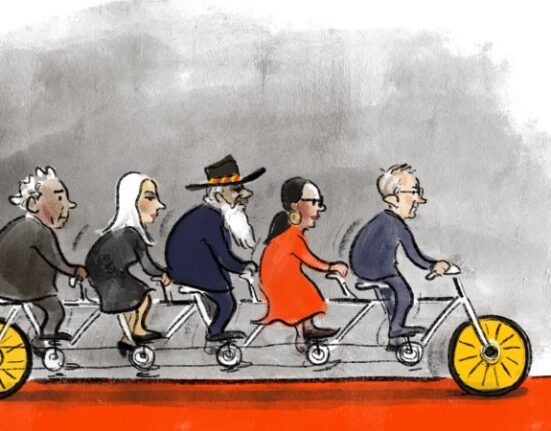Sweden’s conservative-led government is taking bold steps to address the issue of dual citizens involved in gang crime by considering the revocation of Swedish citizenship. This move comes after a committee recommended potential changes to the constitution to allow for the stripping of citizenship from dual citizens who commit crimes that threaten the country’s security. The latest inquiry appointed by the government aims to delve deeper into this matter, seeking to limit the automatic right of Swedish citizens to retain their citizenship in certain circumstances.
While the initial committee refrained from suggesting citizenship revocation for individuals involved in gang-related “system-threatening crimes,” the current government, along with the far-right Sweden Democrats, is pushing for a broader approach. Migration Minister Johan Forssell emphasized the need to combat gang criminals exploiting their Swedish citizenship to evade deportation while engaging in activities that pose significant threats to the state. According to police data, around 1,100 active members of criminal networks hold dual citizenship, highlighting the urgency of addressing this issue.
The decision to explore the practicalities of revoking citizenship reflects the government’s commitment to enhancing national security and tackling organized crime effectively. However, this move has sparked debates and concerns, with some questioning the potential implications and need for precision in defining the criteria for citizenship revocation. The Social Democrats, for instance, have emphasized the importance of clarity and predictability in such measures to prevent unforeseen consequences.
The new inquiry is expected to deliver its findings by March 2026, signaling a comprehensive evaluation process before any constitutional amendments can be enacted. Changing Sweden’s constitutional laws involves a meticulous legislative procedure, requiring approval by the parliament before and after a general election. As the next election is scheduled for September 2026, the implementation of any constitutional changes may not take effect until 2027 at the earliest.
This initiative by the Swedish government underscores the ongoing efforts to address complex challenges related to criminal activities and national security. The discussions surrounding citizenship revocation for individuals engaged in gang crime highlight the intricate balance between safeguarding societal interests and upholding individual rights. As the inquiry progresses and stakeholders engage in dialogue, the implications of these potential changes resonate beyond legal frameworks, shaping the broader discourse on security measures and citizenship rights in contemporary society.









Leave feedback about this